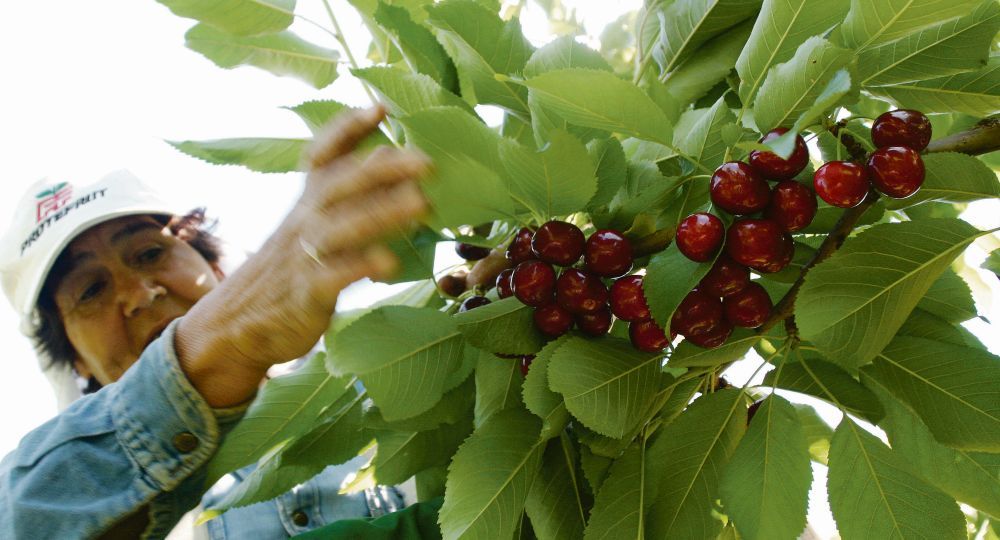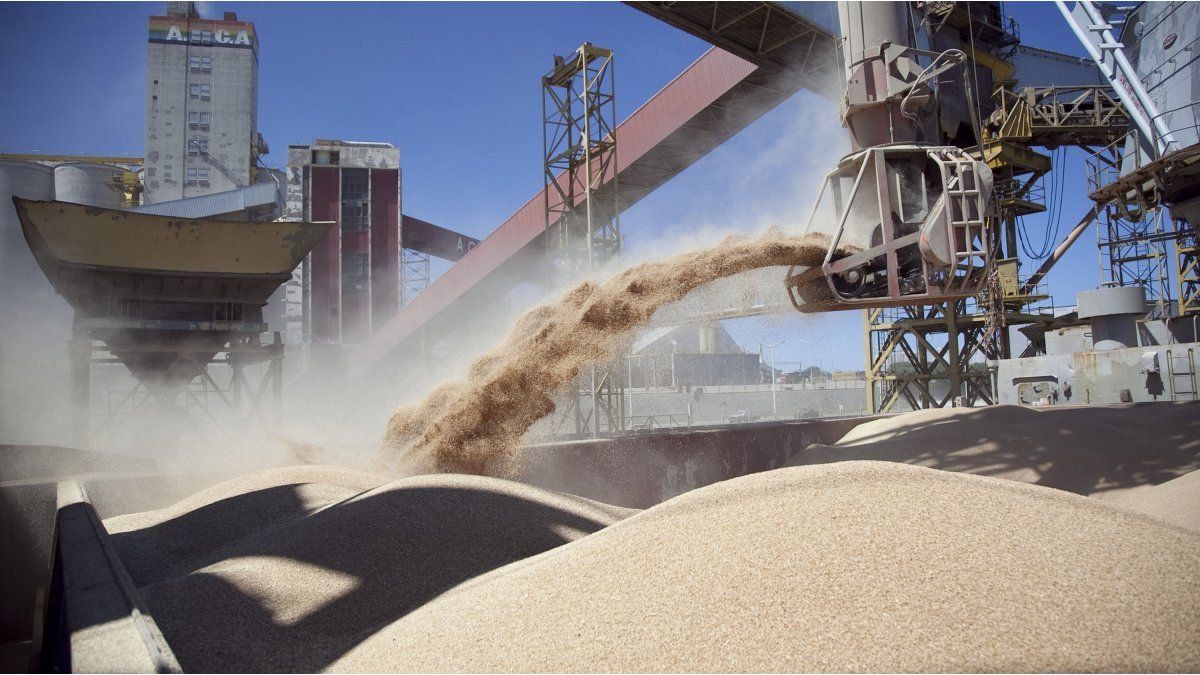The end of the withholdings, The elimination of the restrictions that exist to export and to be able to have clear rules that provide certainty, are the main expectations and requests that referents and authorities of entities and chambers belonging to the agroindustry raise regarding the assumption of Javier Milei as president next Sunday.
Although it has not yet been officially announced, everything indicates that the agronomist Fernando Vilella will be the new Secretary of Agriculture as of December 10, a portfolio that would be renamed Bioeconomy.
Campo: Vilella held a meeting with agricultural leaders
Last Thursday, Vilella, accompanied by his main collaborators, among whom are the president of the Argentine Corn and Wheat Association (Maizar), Pedro Vigneauand the former president of the Barbechando Foundation German Paatsmet with part of the technical team of the designated Minister of Economy, Luis Caputo.
According to sources close to the meeting, Vilella would have obtained the answers he needed to hear to be able to take on the challenge of facing the mission and now it remains for Caputo to make the designation official.
The former dean of the Faculty of Agronomy of the University of Buenos Aires (Fauba), together with Vigneau and Paats, presented a work a few months ago to La Libertad Avanza (LLA) on agricultural policieswith the objective of achieving productive growth in the sector.
The requests from the field to Javier Milei
The document talks about a program of reduction of withholdings, the need to adopt a single exchange rate, delete the restrictions that exist for the sector’s exports and the need to maintain business flow with countries like China and Brazil.
Precisely these points are the main requests that arise from the sector for the new government.
In dialogue with Télam, the president of Argentine Rural Confederations (CRA), Carlos Castagnani raised the need for Milei to “convene the productive sector to collaborate jointly in the development of agricultural policies.”
“We will ask for the reduction and elimination of taxes such as Export rights, hoping that it will materialize soon, beginning a path of development for our nation. We also advocate for a fiscal and tax review,” Castagnani said.
The rural leader also highlighted the importance of carrying out “an ambitious infrastructure program at the national level”, which involves “the improvement of rural roads, bridges and the modernization of logistics facilities”.
Finally, he stressed “the need to promote development and a policy oriented towards regional economies and dairy production. “We recognize the productive diversity of our country and advocate for specific policies that promote sustainable growth in each region, promoting equity and generating employment in rural areas.”
For his part, the president of the Chamber of the Oil Industry and the Cereal Exporters Center (Ciara-CEC), Gustavo Idígoras, indicated that “the expectation with the new government is that there will be a multi-year export production plan “agroindustrial with a federal, productive, sustainable and inclusive vision.”
“Agricultural issues go through different levels or pillars: first, a pillar of financing for production; second, a regularization of foreign trade, with the elimination of export restrictions on wheat, corn and beef, and in the import of inputs. We also have to unify the exchange rate and a program of export duties to eliminate them,” Idígoras concluded.
LINK TABLE
Representatives of the Liaison Table
NA
In turn, the president of the Argentine Federation of the Milling Industry (FAIM), Diego Cifarelli, stated that “what agriculture needs to get its feet off of it. “It is an activity that needs freedom, generating its own objectives and that requires government action to remove obstacles.”
“The first link in the chain, which is the producers, by removing obstacles, can duplicate what they do and the same with the intermediate links of industrialization,” said Cifarelli, who stressed the need for there to be “certainties” and “rules.” of play”.
Finally, the executive director of Area of Regional Economies of the Argentine Confederation of Medium Enterprises (CAME), Pablo Vernengo, He maintained that the new government “must order the exchange rate, lower tax pressure, eliminate distortions regarding Argentine hidden costs, and also lower tax pressure regarding employment.”
Regional economies: a fundamental sector that has not yet started

Regional economies represent an important link in agriculture
Vernengo also placed special emphasis on “understanding the heterogeneity of the different agricultural establishments, achieving greater transparency in the markets and having a vision of the existence of oligopolies or monopolies, which distort income in the value chain.” .
“What we ask is that we have officials who understand the activity, each of the regional economies, that we are 63% of the producers, about 156,000 in total, who carry out different activities in different regions and who have very dissimilar asymmetries. We ask for urgent treatment of a specific law for the sector, so that we can make incorporation of investments with accelerated amortization, to be able to have a reduction in tax pressure on inputs such as energy and have logical transportation values,” completed the CAME leader.
Source: Ambito




